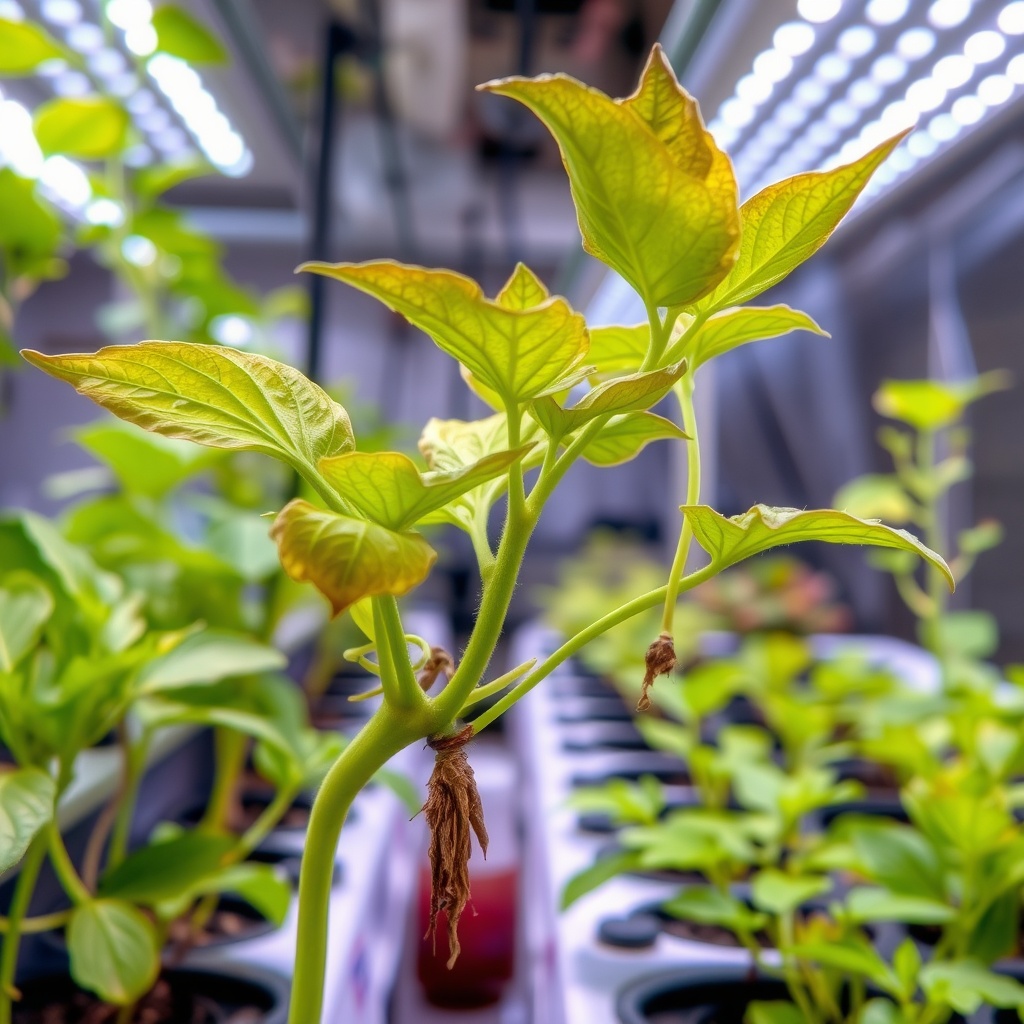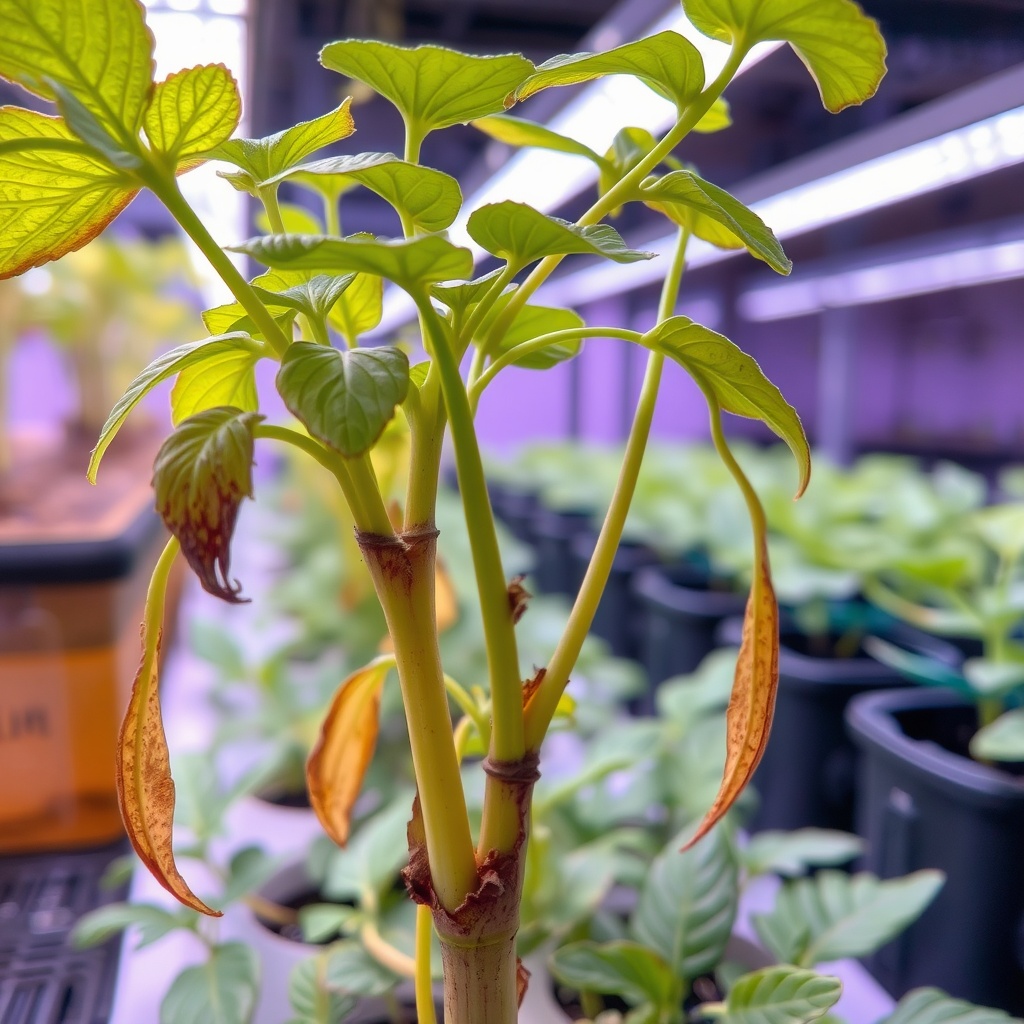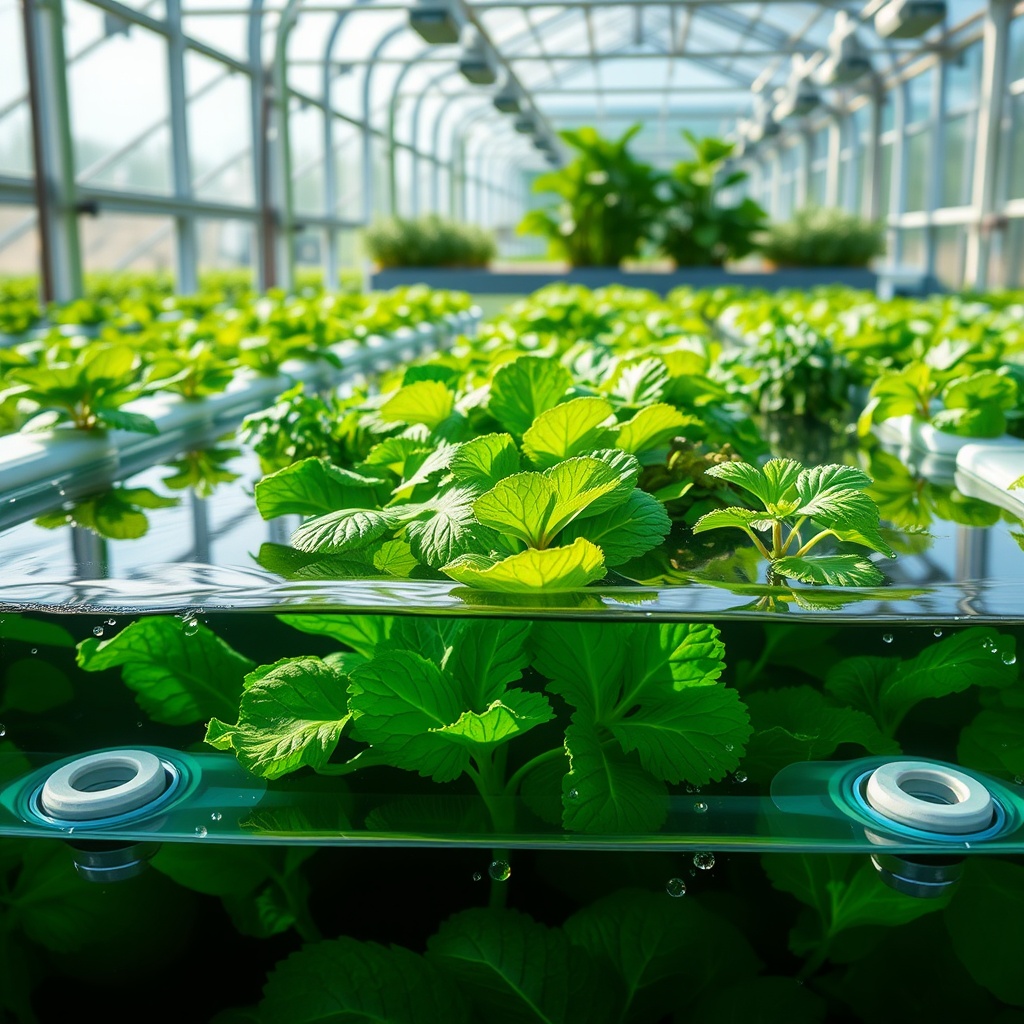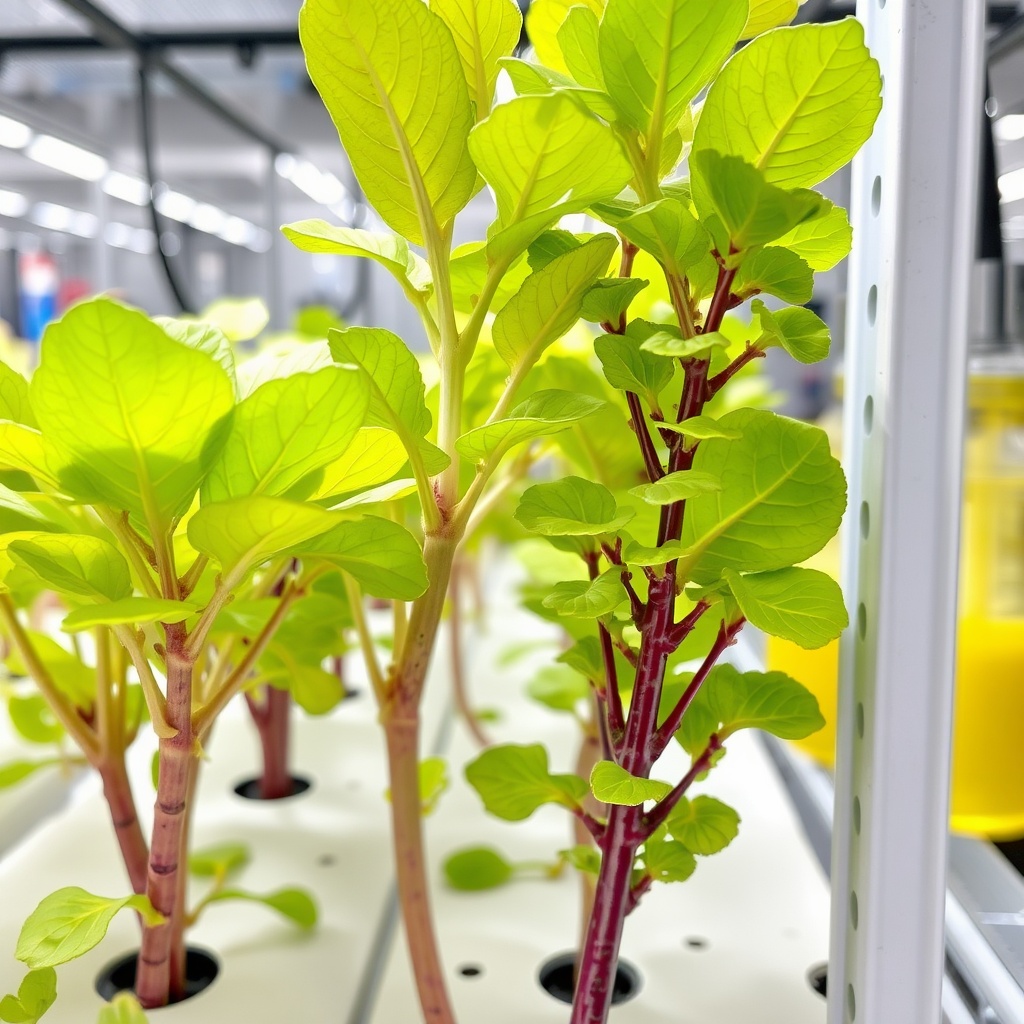Unraveling the Mystery of Plant Stress

In a world increasingly turning to hydroponics for sustainable food production, understanding the nuances of plant stress has never been more critical. While hydroponic systems offer many advantages, they are not immune to the challenges that can arise from environmental factors, nutrient imbalances, and pest pressures. This article aims to illuminate the various types of stress that can impact plants in hydroponic setups and how to mitigate them effectively.
Types of Plant Stress in Hydroponic Systems

Plants in hydroponic environments can experience several forms of stress. Identifying these stressors is essential for maintaining healthy growth and maximizing yields. Here’s a breakdown of the most common types of stress:
- Nutrient Stress: Imbalances in nutrient solutions can lead to deficiencies or toxicities, affecting plant health.
- Environmental Stress: Factors such as temperature fluctuations, humidity levels, and light intensity can significantly impact plant growth.
- Water Stress: Overwatering or underwatering can lead to root rot or dehydration, respectively.
- Pest and Disease Stress: Even in controlled environments, pests and diseases can infiltrate and wreak havoc on crops.
Strategies to Mitigate Plant Stress
With a solid understanding of the types of stress that plants can endure, the next step is to implement strategies to minimize these risks. By adopting a proactive approach, growers can create an optimal environment for their crops. Here are some effective strategies:
- Regular Monitoring: Implement a routine for checking nutrient levels, pH, and environmental conditions to catch issues early.
- Proper Training: Educate yourself and your team on best practices for hydroponic gardening to avoid common pitfalls.
- Integrated Pest Management: Utilize beneficial insects and organic treatments to keep pest populations under control without harming your plants.
In conclusion, understanding and addressing plant stress in hydroponic environments is crucial for achieving success in modern agriculture. By recognizing the types of stressors and employing effective mitigation strategies, growers can ensure healthy, thriving plants that yield bountiful harvests.




